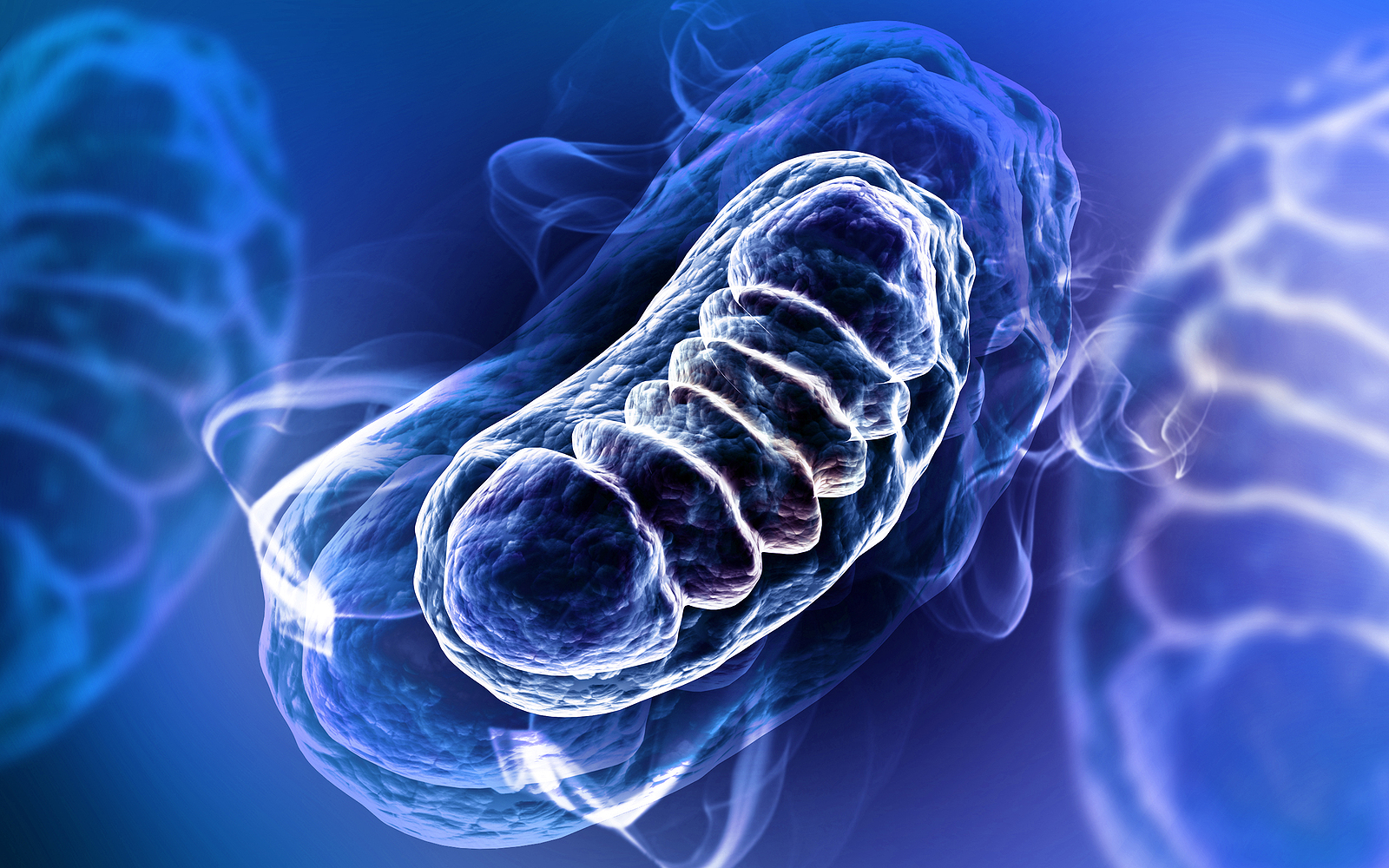
Mitochondrial donation: sold as a miracle, now it seems that it could CAUSE disease
One of the most controversial procedures in artificial reproduction is “three-parent IVF”. After acrimonious debates, it was legalised in the United Kingdom, Singapore, and Australia. In the United States it is illegal. It is also marketed by clinics in Greece and Ukraine (and perhaps other countries) where there is less regulation.
More properly named mitochondrial donation, a baby conceived with three-parent IVF carries a tiny bit of mitochondrial DNA from a second “mother”. Some people are carriers of defective mDNA which can cause serious birth defects or even death. The procedure attempts to eliminate the defective mDNA of the primary mother by substituting the mDNA of a second “mother”.
In controversies in the media and in legislatures, the procedure was described as “lifesaving” – although the only lives to be saved would be of children yet to be born and numerous embryos would be destroyed as well. The UK’s Human Fertilisation and Embryology Authority (HFEA) cautiously endorsed it. “At each stage of the review process the panel reached a view that the evidence it has seen does not suggest that these techniques are unsafe”, a report stated in 2014.
Very few babies have been born using the technique. In the UK, only Newcastle University has been authorised to use it, but it has not reported any births.
However, MIT Technology Review has just revealed some unsettling results – sometimes the defective mDNA re-emerges in the baby’s cells, an event called “reversion”. It has only happened twice in a handful of births; nonetheless scientists are disturbed. In one case “the proportion of mitochondrial genes from the child’s mother has increased over time, from less than 1% in both embryos to around 50% in one baby and 72% in another.”
In both cases, the mitochondrial transfer had been used as fertility treatment rather than to avoid passing on a genetic disease, so neither baby was at risk. But the reversion has put a big question mark over the procedure. “The scientists behind the work believe that around one in five babies born using the three-parent technique could eventually inherit high levels of their mothers’ mitochondrial genes. For babies born to people with disease-causing mutations, this could spell disaster—leaving them with devastating and potentially fatal illness.”
Joanna Poulton, a mitochondrial geneticist at the University of Oxford, told the magazine that even a 20% risk of reversion was worrying. “There are mutations where quite low levels can cause problems,” she says. For some diseases, the level can be as low as 15%, she says.
And Heidi Mertes, a bioethicist at Ghent University, said that “Scientists knew beforehand that the trials were never going to be risk free, and that they involve a potential waste of perfectly good donor eggs and embryos. ‘In the end, you’re presenting an option to patients that is more dangerous than their alternative,’ she says.”
